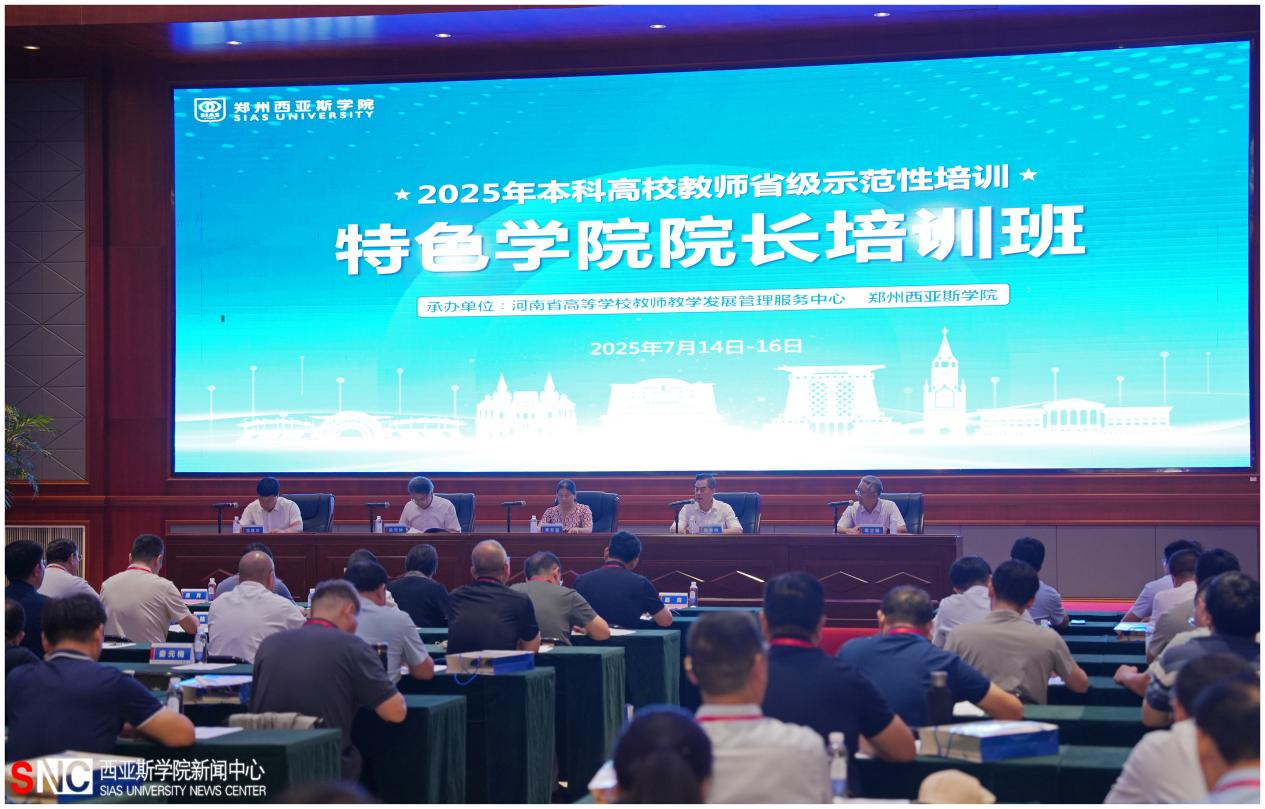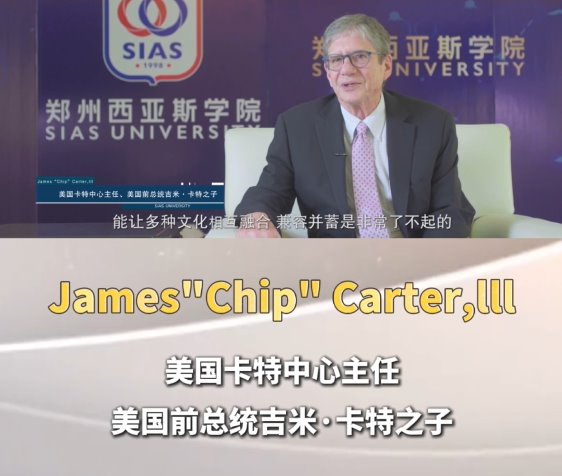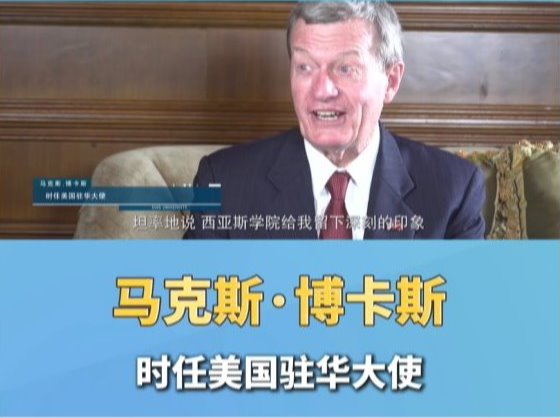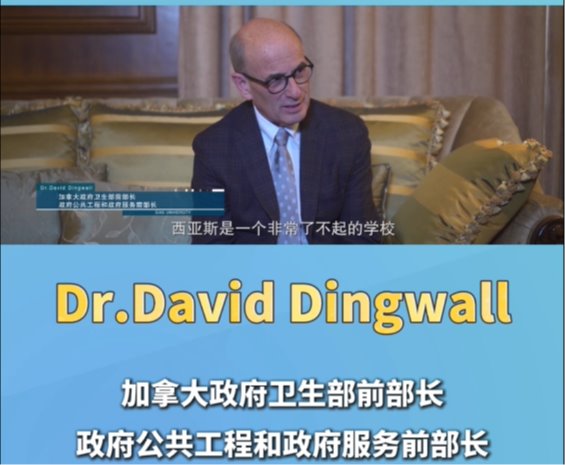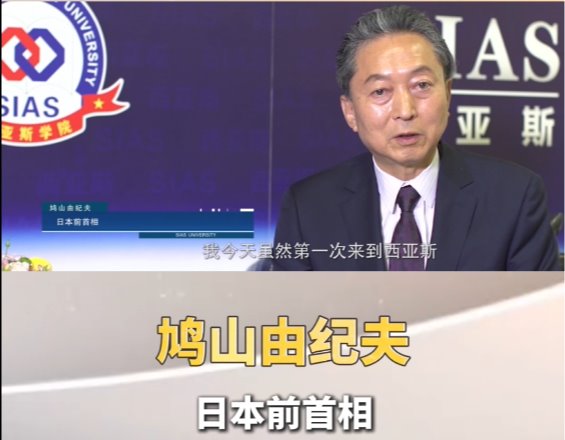On the afternoon of August 26, Sias 2025-2026 Academic Year Fall Semester Teaching Work Conference was held on the first floor of the Administration Building. Zhao Yuxin, Vice President and Secretary of the CPC Sias Commission for Discipline Inspection, presided over the meeting. Participants included Deans, Deputy Deans, and Assistant Deans of Sias Professional Schools (Faculties), Directors of Academic Affairs Department, teaching secretaries, and supervisors or above from the Academic Affairs Department.

During the meeting, Bai Meng, Deputy Director of the Academic Affairs Department, comprehensively deployed preparations for the new semester. She emphasized that Professional Schools (Faculties) must thoroughly complete remaining tasks from Sias 2025 Summer Work Conference, strictly implement the "four 100%" safety requirements for internships, and conduct laboratory safety inspections, equipment testing, and organization of the "First Experimental Class" for the new semester. Regarding freshman preparation, she urged all Schools (Faculties) to create a warm and enthusiastic welcome atmosphere, establish consultation booths staffed by Deans, (Deputy) Secretaries, and key faculty to enhance freshmen and parents' understanding of the Schools (Faculties) and strengthen professional identity. She also reported on this year's enrollment statistics. Additionally, she requested Schools (Faculties) to notify faculty and students in advance about updated teaching building numbers, class schedules, and classroom locations. Clear requirements and timelines were provided for freshman orientation, graduation thesis inspections, academic mentor selection, and laboratory information statistics submission to ensure smooth teaching operations in the new semester.
Chen Jing, Deputy Director of the Academic Affairs Department, conveyed meeting principles from Education Department of Henan Province, highlighting policy trends such as discipline structure optimization, AI-driven educational reforms, and teaching achievement cultivation. She called on Schools (Faculties) to plan ahead and align with these initiatives. Regarding semester preparation, she clarified class start times for different student groups and reminded Schools (Faculties) to promptly notify faculty and students while organizing course site construction and trial class arrangements.
Shan Guoli, Deputy Director of the Academic Affairs Department, outlined arrangements for deferred exams, initial teaching inspections, and rectification based on accreditation evaluations. She stressed exam discipline and standardized procedures for test design, invigilation, and verification. Initial teaching inspections were required to assign responsibilities to specific personnel, classrooms, and faculty, with a focus on teaching operations and academic discipline. She also reported five key issues identified by accreditation experts and urged Schools (Faculties) to develop corrective measures and strengthen quality assurance systems.
In his concluding remarks, Zhao Yuxin emphasized eight priority tasks: 1) Thoroughly implement accreditation rectification by developing effective measures for expert feedback; 2) Standardize teaching management, consolidate accreditation achievements, and improve quality assurance systems; 3) Deepen educational reforms by advancing credit system reform, precision-based categorized education, and initiating revisions to the 2026 talent cultivation program; 4) Strengthen discipline and course development, optimize discipline structures, establish a three-tier curriculum development mechanism, and strive for national-level first-class courses; 5) Enhance faculty teaching capabilities through improved training systems; 6) Promote industry-education integration to boost local development contributions; 7) Achieve breakthroughs in discipline competition results and establish a "one college, one brand" framework; 8) Conduct effective freshman orientation, with deans and program heads leading the "First Class" to strengthen professional identity and academic planning.
This conference clarified key priorities for fall semester teaching work, laying a solid foundation for the orderly implementation of new semester tasks. All unit leaders expressed commitment to fully implementing the conference principles to ensure successful execution of all responsibilities.








